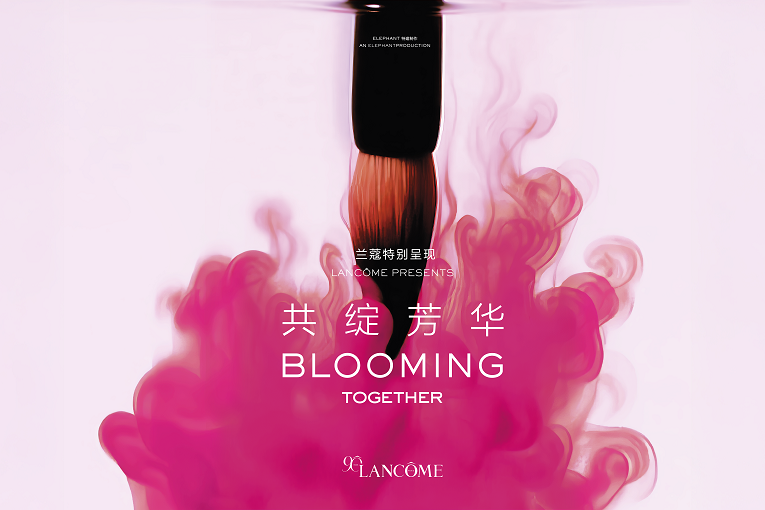Model UN broadens students' global perspectives
Young delegates explore global issues and sharpen diplomatic skills through real-world simulations at the 21st China Model UN.

For Lou Baixi, a senior student at the Officers College of Chinese People's Armed Police Force in Sichuan province, one of the conference's most distinctive features is the resolution voting process, where delegates form national blocs to propose and defend their drafts.
"The process is about negotiation and compromise," said Lou, who was participating in a Model UN for the third time. "No country can achieve its goals alone. To produce an effective resolution, delegates need to find common ground and work collaboratively."
"This process of balancing and communication allows us to experience the essence of diplomacy," he added.
Lou also gained a deeper appreciation for the precision and restraint required in diplomatic language.
"When you listen to Foreign Ministry spokespersons, their words may sound calm and neutral, but achieving that balance is incredibly difficult — as we've now learned firsthand," he said.
Tong Yajun, a postgraduate student in international law at East China University of Political Science and Law, shared the same sentiment. It was her first time taking part in a Model UN, and she spent half a month preparing for it.
She said that understanding a country's real stance and drafting a position paper were often more difficult than they seemed. "You need to read official documents, media reports, and even foreign commentary to grasp the deeper meaning behind a country's policies," she explained. "You can't just stay on the surface — you must explore what truly drives its decisions."




































